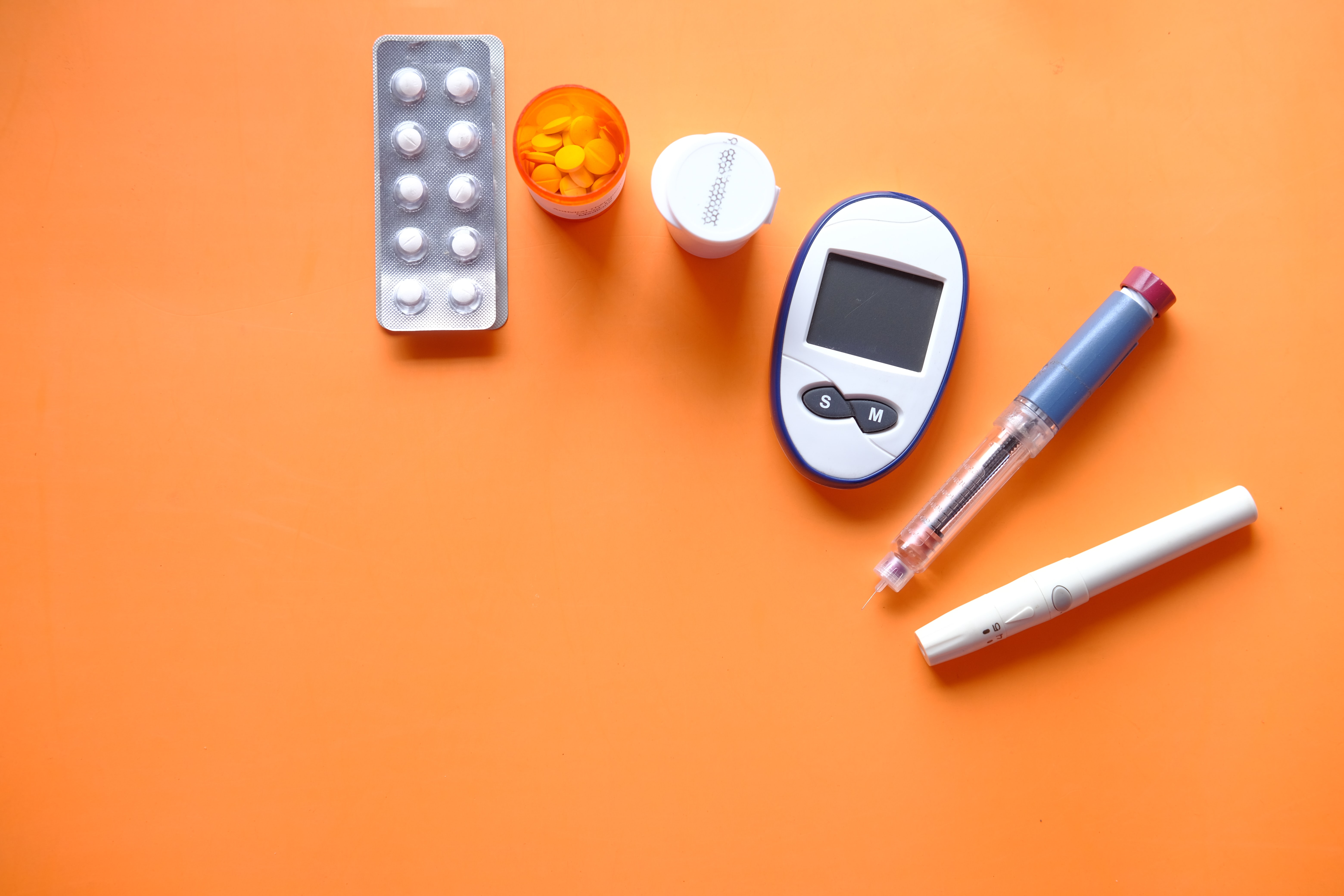The opinions expressed in this article are the writer’s own and do not reflect the views of Her Campus.
Dear Younger Self,
I’m proud of the person you’ve become. You don’t know it yet, but you overcame your Diabetes diagnosis. You became stronger and found more clarity in who you’re becoming. I remember you on Feb. 13th, 2014, heading to a doctor’s appointment for a three-month follow-up. Reading the number “606” on a blood glucose monitor, I remember you felt the world spiraling out of your control. Once your physician uttered, “You have Type 1 Diabetes,” your life changed in the blink of an eye.
Hearing those words at the time left you speechless and confused because no one in your immediate family had Diabetes. You were unsure what the future would hold, and it scared you. What could you now eat? What would you tell your friends and loved ones? All these questions swirled in your thoughts while you were trying to unravel how you developed Diabetes. Many emotions flood your heart: sadness. Confusion. Anger. Yet you wanted to appear okay because you didn’t want to scare yourself or your loved ones even more.
Unsure how to move forward, you wanted to be in denial, however, after learning that management of Diabetes affected life longevity, a flame ignited inside of you. You quickly immersed yourself in a world of the unknown: the world of Diabetes.
Despite not being fluent in glycemic control, you taught yourself how to carb-count and read nutrition labels. It wasn’t easy for you at first, but you learned rather quickly that change takes time, and it’s okay not to grasp Diabetes management fully in the first days.
Over time, you allowed yourself to be more flexible. You began to treat yourself to a chocolate fudge sundae once in a while. As you slowly started managing your A1c levels, you were inspired to advocate for other individuals with Diabetes. Due to being inspired to advocate for Diabetes wellness, you began to mentor young children at hospitals and classrooms, teaching them about the significance of Diabetes and how to support someone who may have Diabetes.
With a lack of education being just as dangerous as a lack of insulin, you became the first person in your family to pursue medicine to advocate for Diabetes awareness. You utilized your education by volunteering at a local hospital to teach Diabetes management. Seeing the parallels between your own story and how other patients developed Diabetes, you wondered if the environment played an influence, as each patient you saw came from a different cultural and racial background. Now you are about to apply to medical school to continue to advocate for Diabetes globally.
Photo by Towfiqu barbhuiya on Unsplash
To my younger self: you’ll be okay. You’re much stronger than you think. I wish I could give you a big hug and let you know that this isn’t the end but only the beginning. Don’t give up. Life will only get better, and I can confirm that your life does get better. I saw you through it all.
Denial. Acceptance. Closure. You only became brighter through each transition of your diagnosis journey. Diabetes may be a key attribute to your identity, but it doesn’t and shouldn’t define you. Those endless nights navigating carb-counting and adapting to an insulin sliding scale proved that you’d overcome the challenge and conquer your Diabetes management.
Why? Because I’m living proof that you did. You made it, and there is nothing that will hold you back. Yes, you’ll have doubts, but I know you won’t be discouraged. Your diagnosis only further cultivated your reasoning to enter medicine.
Most importantly, you learned that Diabetes might be a silent killer, but you won’t die in silence. Instead, you’ll use the perseverance you used to overcome your diagnosis as a future leader in medicine.
Sincerely,
A now 22-year-old Eliana
The newsletter you won’t leave unread.
UCF ’22
(but via email)
The newsletter you won’t leave unread.